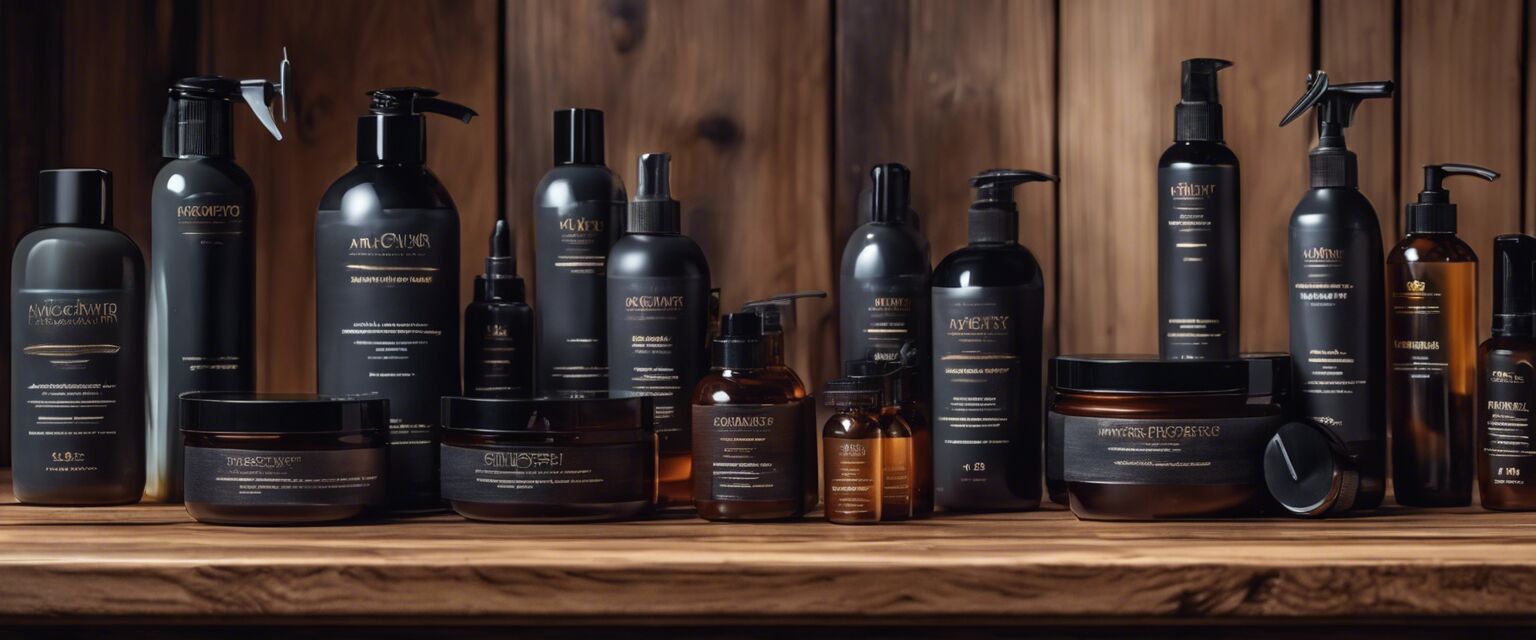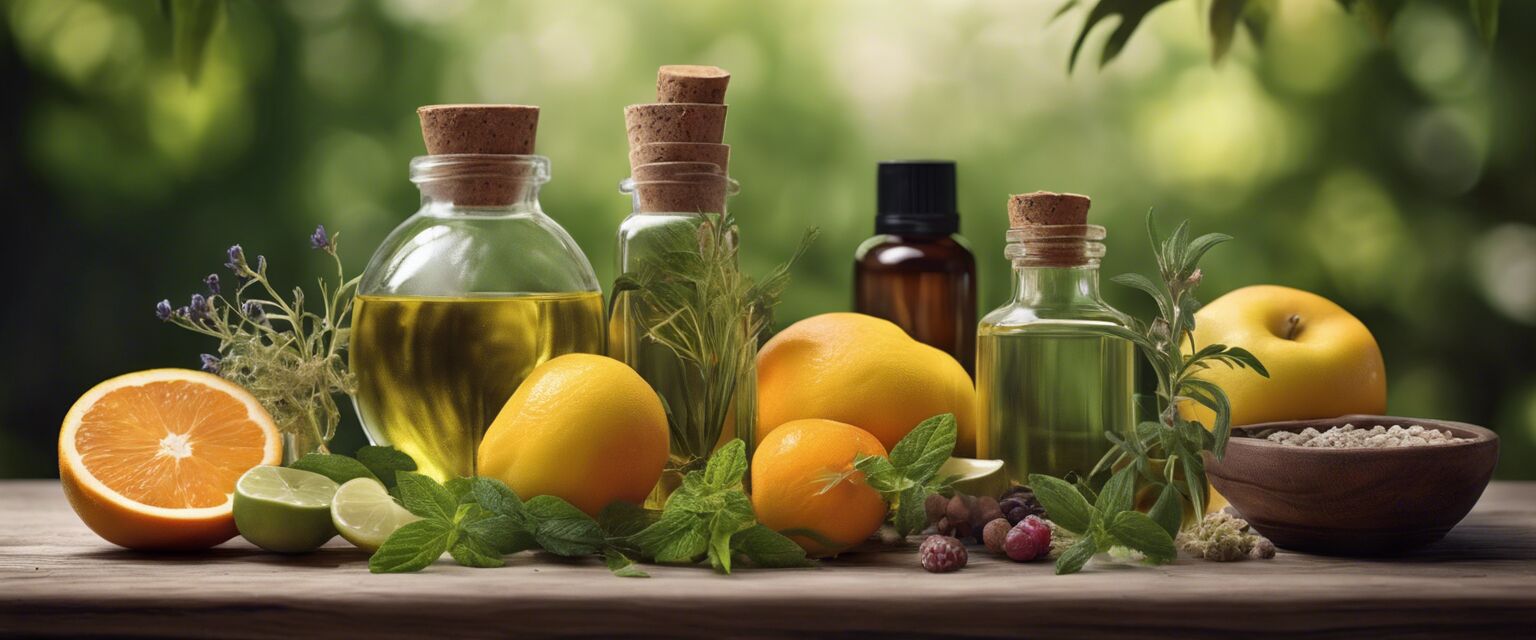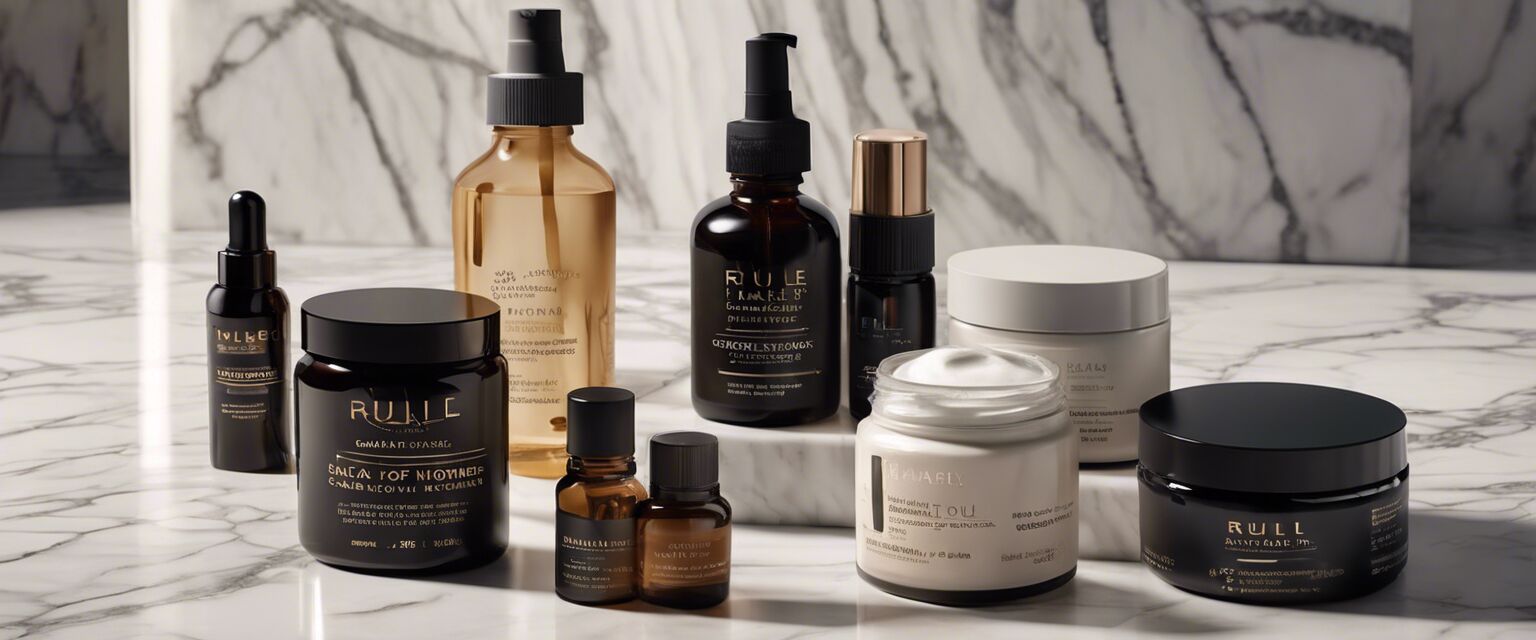
Skincare for Black Women
Welcome to our comprehensive guide on skincare specifically tailored for African American women. Our focus is on providing expert tips, insights, and product recommendations to enhance your beauty regimen and celebrate your skinâs natural radiance.
Key Takeaways
- Understanding your skin type is essential for effective skincare.
- Utilizing natural and hydrating ingredients can help maintain a healthy glow.
- Regular exfoliation and moisturization are crucial for radiant skin.
- Sun protection is important, even for darker skin tones.
Understanding Your Skin Type
The first step in creating an effective skincare routine is understanding your skin type. Here are the common skin types that you should consider:
| Skin Type | Description | Characteristics |
|---|---|---|
| Normal | Balanced skin, not too oily or dry | Smooth texture, little to no blemishes |
| Oily | Excess oil production | Shiny complexion, large pores, prone to acne |
| Dry | Lacks moisture | Flaky or rough texture, may feel tight |
| Sensitive | Prone to inflammation | Redness, irritation, easily reacts to products |
Essential Skincare Tips
1. Hydration is Key
Keeping your skin hydrated is vital. Incorporating moisturizing ingredients such as hyaluronic acid and glycerin can help lock in moisture and prevent dryness.
2. Exfoliate Regularly
Exfoliation helps remove dead skin cells, promoting a smoother texture and better absorption of products. Aim for a gentle exfoliator suited for your skin type.
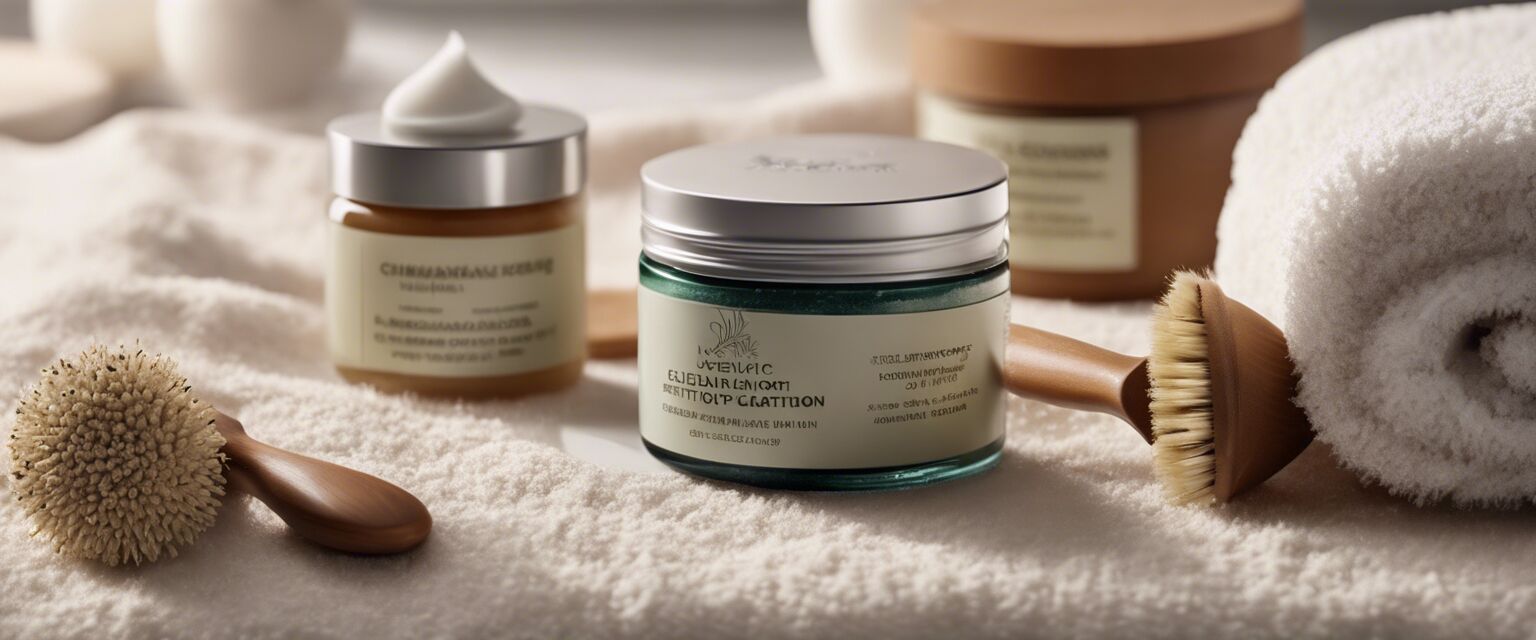
3. Protect Your Skin
Even if you have a darker skin tone, sun protection is crucial to avoid hyperpigmentation. Use a broad-spectrum sunscreen with at least SPF 30.
4. Embrace Natural Ingredients
Natural oils such as jojoba and shea butter can help nourish your skin deeply without the harsh chemicals found in some products.
5. Consider Your Diet
Eating a balanced diet rich in antioxidants, vitamins, and minerals can significantly improve your skin's appearance. Hydrating foods such as cucumbers and berries can also enhance your glow.
Beginners Section
- Start with basic products: Cleanser, moisturizer, and sunscreen.
- Patch test new products to avoid irritation.
- Gradually introduce one new product at a time to see how your skin reacts.
Recommended Skincare Routine
Hereâs a simple skincare routine tailored for African American women:
| Time | Step | Products |
|---|---|---|
| Morning | Cleanser | Gentle foaming or hydrating cleanser |
| Morning | Moisturizer | Lightweight moisturizer |
| Morning | Sunscreen | Broad-spectrum sunscreen |
| Evening | Cleanser | Gentle foaming or oil-based cleanser |
| Evening | Toner | Alcohol-free toner |
| Evening | Moisturizer | Rich hydrating cream or overnight mask |
Common Skincare Misconceptions
Letâs address some common myths about skincare for black women:
- Myth: Darker skin does not need sunscreen.
- Myth: Oily skin does not require moisture.
- Myth: Exfoliation is unnecessary for black skin.
Products to Consider
When selecting products, consider checking out these categories on our site for more tailored options:
Frequently Asked Questions
What are the best ingredients for black skincare?
Look for ingredients like shea butter, kojic acid, vitamin C, and almond oil which provide nourishment and targeted benefits.
How often should I exfoliate?
Exfoliate 1-2 times a week, depending on your skin type. Sensitive skin may require less frequent exfoliation.
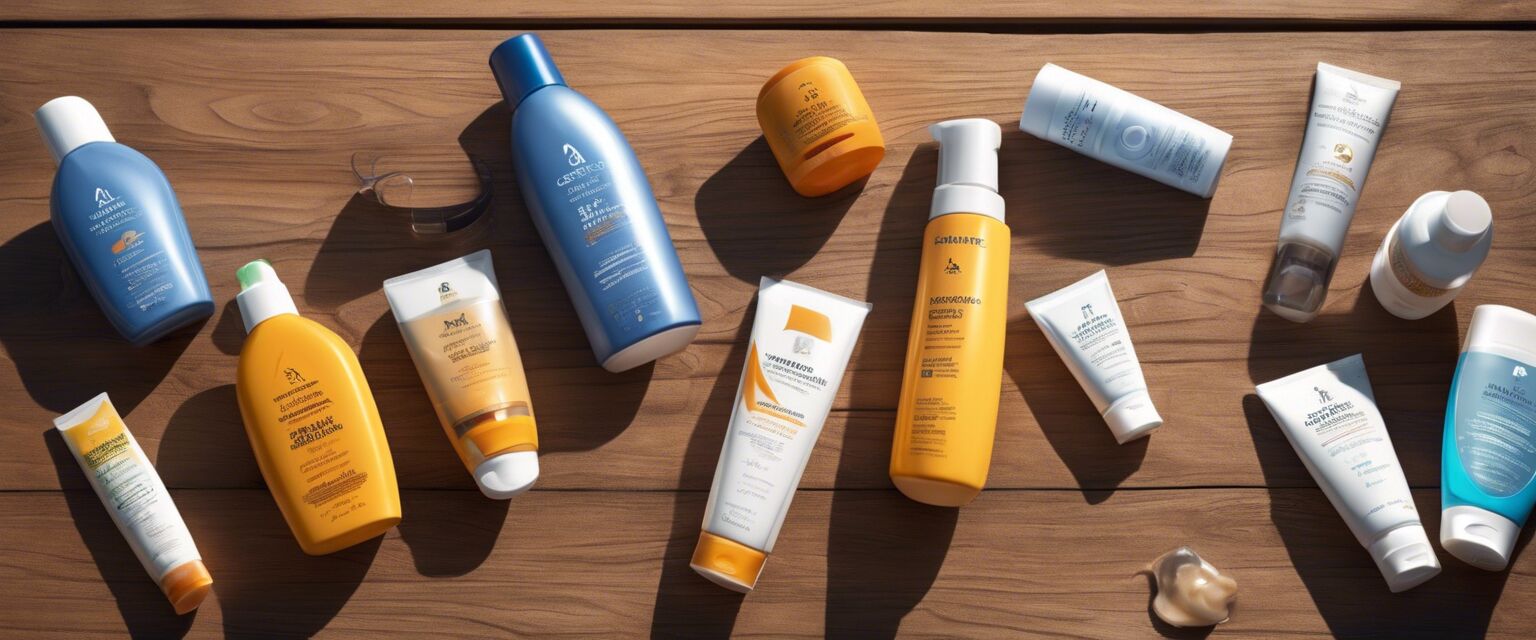
Final Thoughts
Skincare for black women requires understanding your unique skinâs needs and tailoring your routine accordingly. By incorporating hydration, protection, and balanced nutrition into your daily habits, you can foster vibrant and healthy skin.
Pros
- Customized products for all skin types
- Focus on natural ingredients
- Informed protection measures
- Encourages holistic skincare approach
Cons
- Some misconceptions remain prevalent
- Purchasing tailored products can be more expensive
- Skin reactions may vary among individuals

